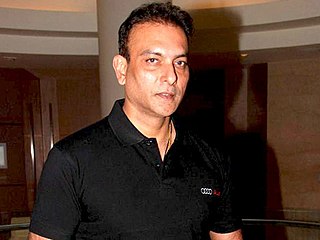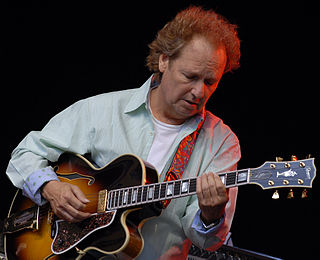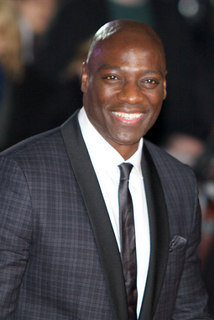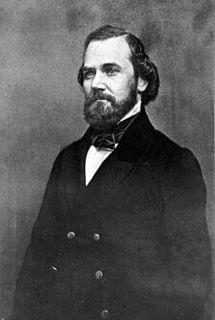A Quote by Liev Schreiber
I am very good with dialects, but the two that I can't do for some reason are the South African and Australian.
Related Quotes
We do not have a South African as a member of the African Commission. The President of the Commission comes from Mali, the Deputy comes from Rwanda and then we have got all these other members, ordinary commissioners. There is no South African there. And the reason, again, for that is not because we didn't have South Africans who are competent.
The contribution of West African languages to Ebonics is absolutely infinitesimal. What it actually is is a very interesting hybrid of regional dialects of Great Britain that slaves in America were exposed to because they often worked alongside the indentured servants who spoke those dialects that we often learn about in school.
I don't really understand Darren Lehmann coming out and saying the South African crowd has been out of order. Any England player, even media, who have toured Australia can laugh at those comments because some of the things we hear on the pitch from Australian supporters, known as 'banter,' I know is worse than in South Africa.
Well, I'm half Australian, half English and I live in London. That is the only reason I came upon this story. My Australian mother, Meredith Hooper, was invited in late 2007 by some Australian friends to make up a token Australian audience in a tiny fringe theater play reading of an unproduced, unrehearsed play called 'The King's Speech.'
Well, I'm half Australian, half English and I live in London. That is the only reason I came upon this story. My Australian mother, Meredith Hooper, was invited in late 2007 by some Australian friends to make up a token Australian audience in a tiny fringe theater play reading of an unproduced, unrehearsed play called 'The King's Speech.
Well, Smoke n' Mirrors has very much a world music flavor and it doesn't park itself in one country. It borrows heavily from the Brazilian angle, which is dear to my heart, and I recorded several albums with that flavor. Probably even more so than the Brazilian flavor, there's an African, South African and West African influence and on a couple of other tracks there's some Latin flavor and there's some Indian tables on one track, all centered around my jazz guitar and acoustic guitars, and very much a Lee Ritenour sound.
I think there is a kind of laconic Australian leg-pulling sense of humor that is certainly in some of my stories, or is an element in some of my books, and that's probably a direct result of where I've grown up. But other than that I don't draw particularly on the Australian landscape or the Australian biology and so on. So I don't think there's anything you could point to and say is particularly Australian.


































